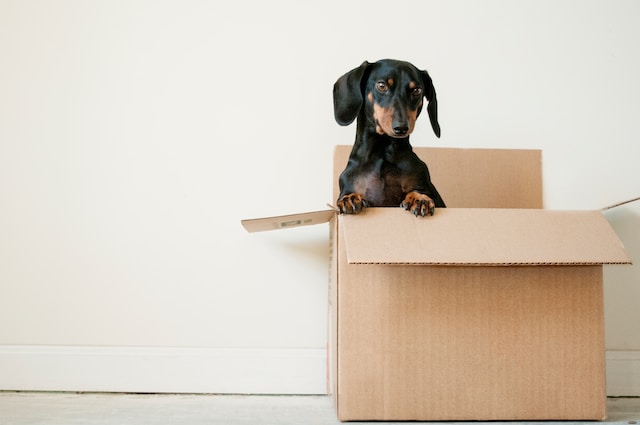
Moving Out: Checklists for a Stress-Free Move
Whether moving across the country or down the street, these tips will help ensure a smooth and hassle-free move. Using a weekly planning guide will also keep you on track so that no important tasks fall through the cracks. Start packing your non-essential items well in advance of your move date. Consider donating your old clothes and furniture to a local thrift store or having a garage sale.
Packing
Proper packing and organization are the keys to a smooth move transition. Begin by identifying what you’ll need during the move and pack those items first. It could include a weekend kit with clothing, toilet paper, plates and cups, medications, basic first aid, etc. It will enable you to maintain organization throughout the procedure and ensure all necessary practices are taken. Consider investing in a labeler that will make marking and organizing boxes easy. Investing in a set of sturdy moving boxes is also a good idea. Using old or recycled grocery boxes can make them torn or infested with germs. It’s best to start packing non-essential items weeks or months before the move date. It will give you plenty of time to finish and allows you to get rid of items you don’t use anymore, thereby lightening the load for your move.
Unpacking
When you’re ready to move, make a final sweep of your home and inventory all your belongings. It will help you keep track of your boxes and give you an idea of what’s being transported to your new location, especially for high-ticket items like furniture and artwork. If you have any valuable items, consider using a specialty shipping service with insurance. Also, remember to change your address with the post office and any online accounts and update your contact information with friends, relatives, and professional organizations.
Begin packing up off-season items and other non-essential weeks (or even months) in advance to reduce stress in the days leading up to your move. Keep your home tidy before moving into your new property, and remove anything extra. The dust or contaminants you may carry to the new home will be reduced by hiring move-in cleaning Marietta GA. It’s also a good time to begin disassembling large furniture pieces like beds and desks and labeling all screws and bolts in plastic bags for easy reassembly at your new home. Tipping moving professionals is customary, so make sure you have cash for them to accept when they arrive at your new home.
Transportation
Whether you’re flying or driving, figure out how you’ll get everything from your old house to your new one. Book flights and reserve rental vehicles well in advance to ensure availability. Service your vehicle and any trailers or moving trucks before the big day. Also, remember to change your address online or in person and notify businesses like subscriptions, medical offices and clubs of your move. Do a final walk-through of your home to ensure nothing was left behind, especially in closets, drawers and outdoor spaces. Donate or sell items online to reduce clutter and costs if you have things you no longer want. Start a binder or folder for all your moving estimates, property papers, receipts and more to keep track of your move. You can also give this to your hired movers to ensure they are on the same page as you regarding packing and unpacking.
Set Up Utilities
Once you’ve jumped all the other hurdles, like finding movers and packing your things, it’s time to set up your utilities. The last thing you want is to arrive at your new home without electricity or running water. When contacting utility companies, be strategic about your move-out and move-in dates. Select a date a day or two before your move-out to avoid getting stuck with any charges. You’ll also want to start setting up utilities at your new house or apartment early since some providers can take a few weeks to get service started. Keep a folder for your utilities and keep track of appointments and deadlines. You’ll also need boxes, packing tape, and other moving supplies. Be sure to check with your movers about what they provide and liquor, book, and stationery stores, which can sometimes sell boxes at lower prices.




